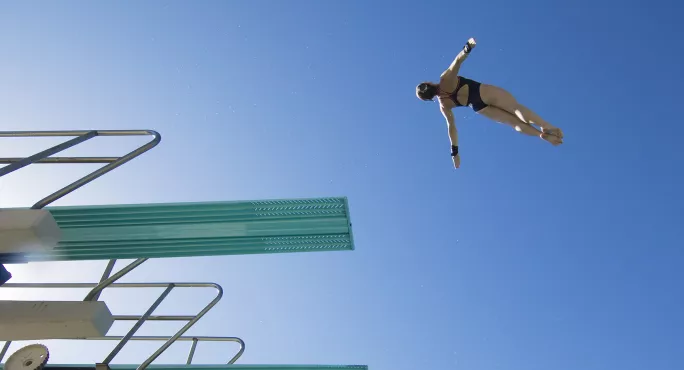Revealed: Ofsted’s favourite deep dive subjects

Ofsted has published data showing how often its inspectors carried out deep dives into particular subjects during school inspections during this academic year.
Deep dives are a major part of the school inspection system, which judges the quality of education provided by schools through a focus on the curriculum offered.
As part of this process, Ofsted chooses a group of subjects to scrutinise by talking to leaders, teachers and pupils, carrying out joint lesson visits with school leaders and looking at pupils’ work.
The new deep dive data is based on both graded and ungraded inspection reports of primary and secondary schools in 2022-23.
Here’s what it shows.
- Related: Ofsted’s deep dives in the first year of curriculum-focused inspections
- More: Ofsted says it has no central record of deep-dive data
- Background: How will Ofsted inspect the curriculum
Reading (primary), English (secondary) and maths
Ofsted’s inspection handbook makes clear that all primary school inspections will include a deep dive into reading, and this is reflected in today’s data.
Maths is, by a large margin, the second most common subject that inspectors focused on during primary school inspections this academic year.
The figures show that almost all primary schools (97 per cent) faced a deep dive in maths.
English and maths were also the most common subjects for a deep dive in secondary school.
Today’s report says English was a focus in 86 per cent of secondary school inspections, and maths in more than three-quarters (77 per cent).
Primary: science
The data shows that science was the subject of an Ofsted deep dive in 23 per cent of primary school inspections.
This made it the fifth most popular subject for a deep dive in this phase behind reading, maths, history and geography.
Science deep dives appeared to have become less common in primary school, according to figures from 2019-20.
Just under three years ago, former Ofsted divisional manager Adrian Gray obtained data from the inspectorate showing the focus of deep dives in the first year of its curriculum-focused inspections.
In this data, which was for full graded inspections between September 2019 and August 2020, science was chosen as a deep dive in 44 per cent of primary school visits.
Secondary: EBacc subjects
The new data shows that the top six subjects for deep dives in secondary schools are all needed to achieve the English Baccalaureate (EBacc).
After English and maths, science is the third most common subject for a deep dive - selected in 60 per cent of inspections. Ofsted said that in its analysis it had grouped deep dives into physics, chemistry and biology together.
The data also shows that Ofsted is more likely to focus on history than geography for a deep dive - with just over half of inspections focusing on the former and a third focusing on the latter.
Art and music
Going further down the table, art is the most popular creative subject for a deep dive in secondary school inspections.
It was chosen by Ofsted inspectors on 31 per cent of visits. In primary schools, it was the subject of 21 per cent of deep dives.
Music was the focus of deep dives in just 9 per cent of primary inspections and 8 per cent of secondary inspections.
How many deep dives does Ofsted do?
The new report is based on nearly 4,200 graded and ungraded inspections in 2022-23.
Ofsted carried out an average of four deep dives per graded inspection and three per ungraded inspection.
The data also shows that overall, primary schools face an average of four deep dives, while secondary schools face an average of five.
Ofsted has said the information is based on “an automated text retrieval process to extract subject names from published inspection reports”.
The watchdog says this relies on “interpreting inspectors’ text and making some assumptions about what constitutes a formal/full deep dive and what national curriculum area the subject they looked at comes under. The data is therefore an estimate”.
The analysis does not include inspection reports for special schools, alternative provision or nursery schools.
The publication follows Ofsted saying last year that it did not systematically record the number of deep dives carried out during inspections, after a former senior Ofsted official requested figures under the Freedom of Information Act on how many deep dives were carried out into individual subjects by inspectors in the spring term of 2022.
Register with Tes and you can read two free articles every month plus you'll have access to our range of award-winning newsletters.
Keep reading with our special offer!
You’ve reached your limit of free articles this month.
- Unlimited access to all Tes magazine content
- Save your favourite articles and gift them to your colleagues
- Exclusive subscriber-only stories
- Over 200,000 archived articles
- Unlimited access to all Tes magazine content
- Save your favourite articles and gift them to your colleagues
- Exclusive subscriber-only stories
- Over 200,000 archived articles
topics in this article



